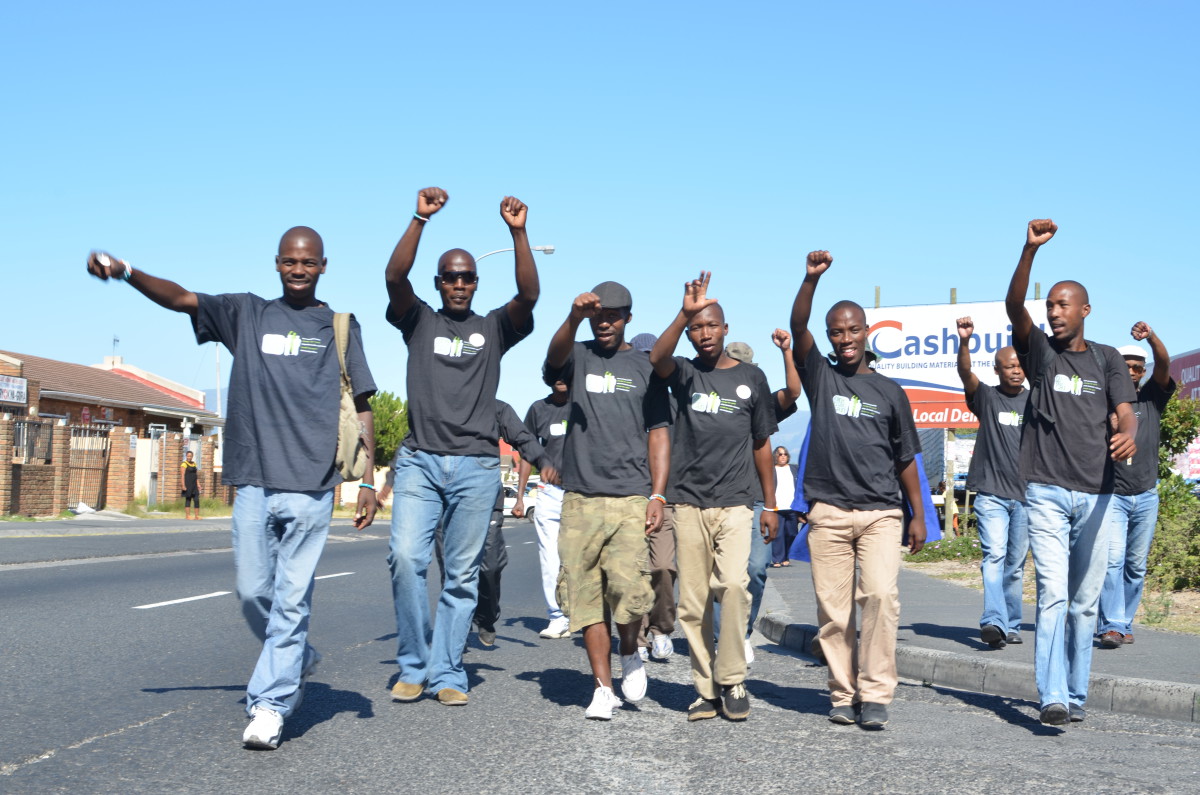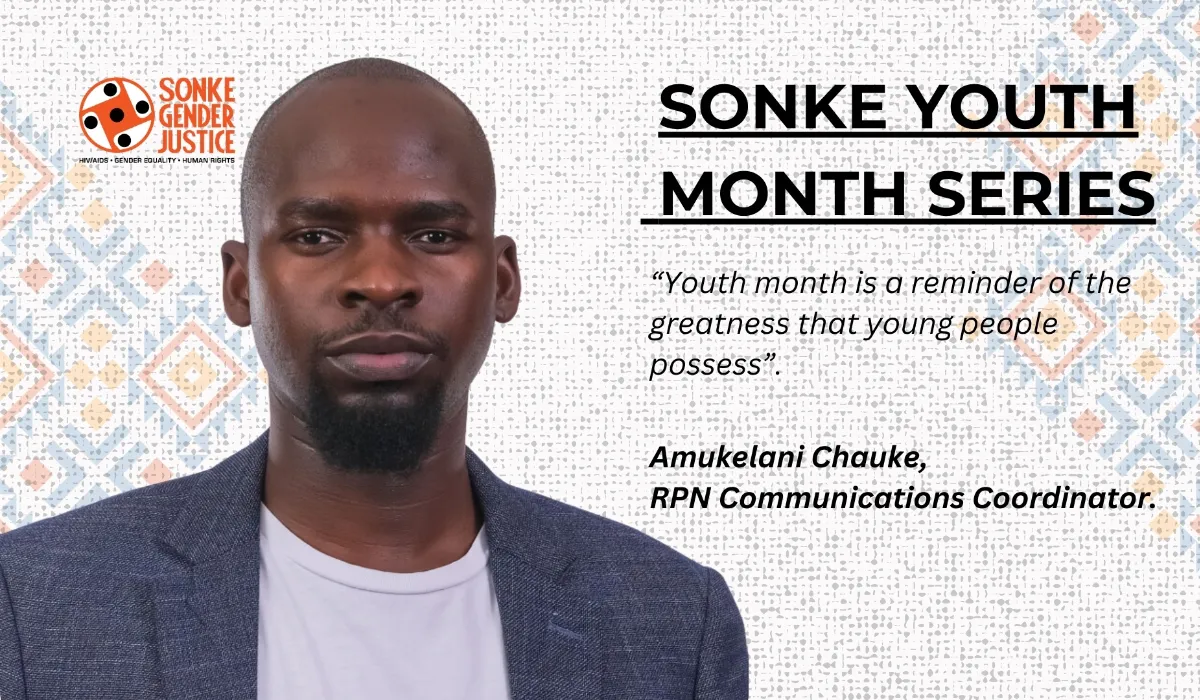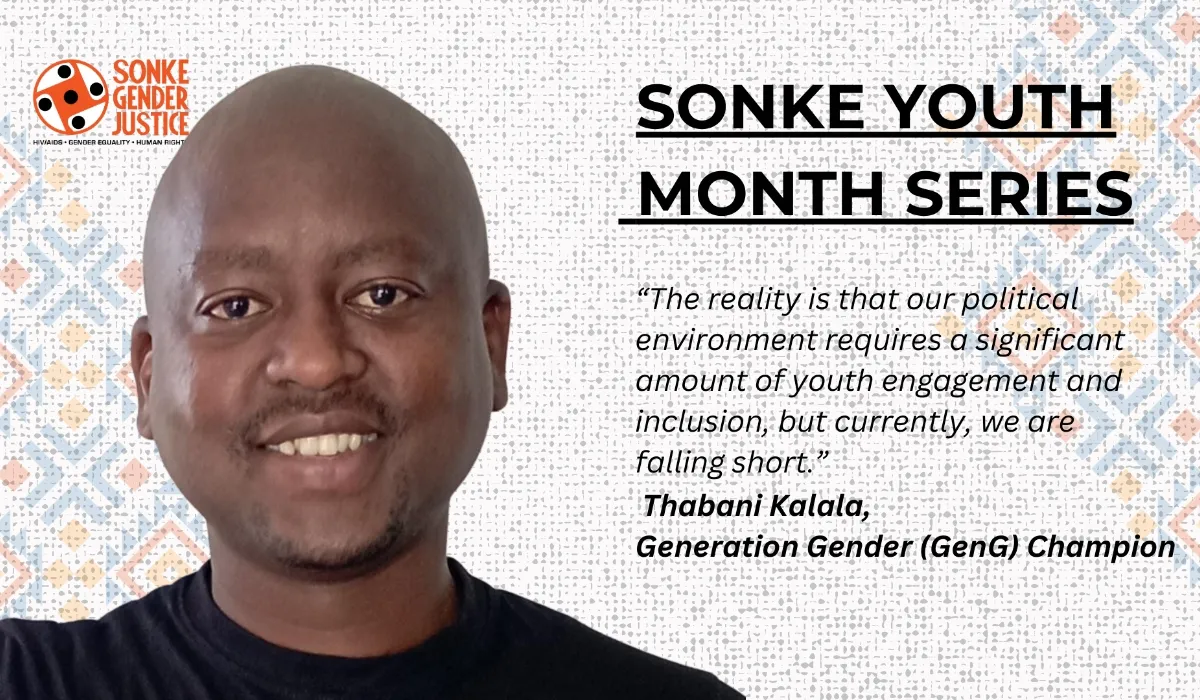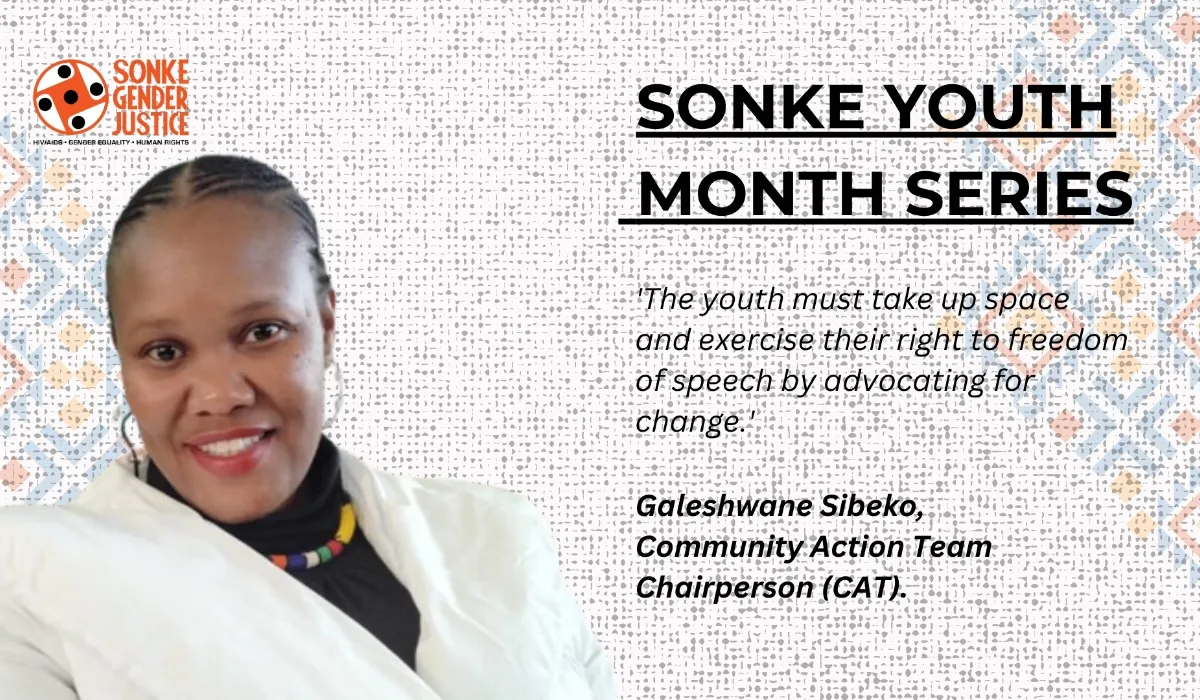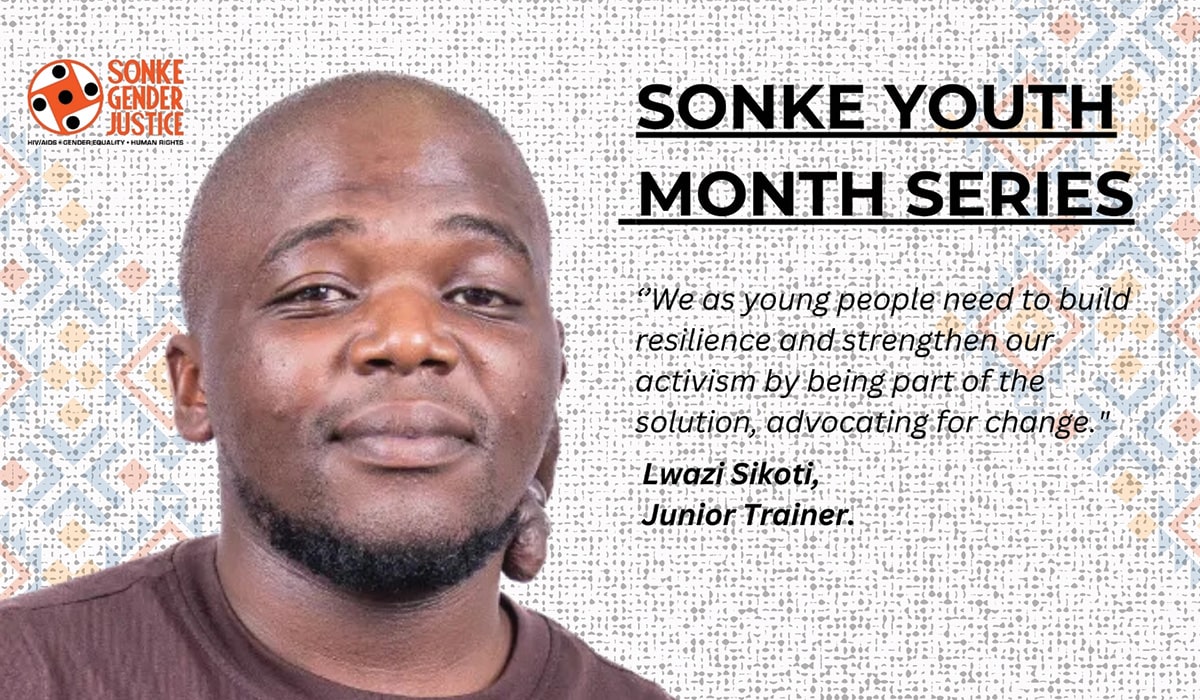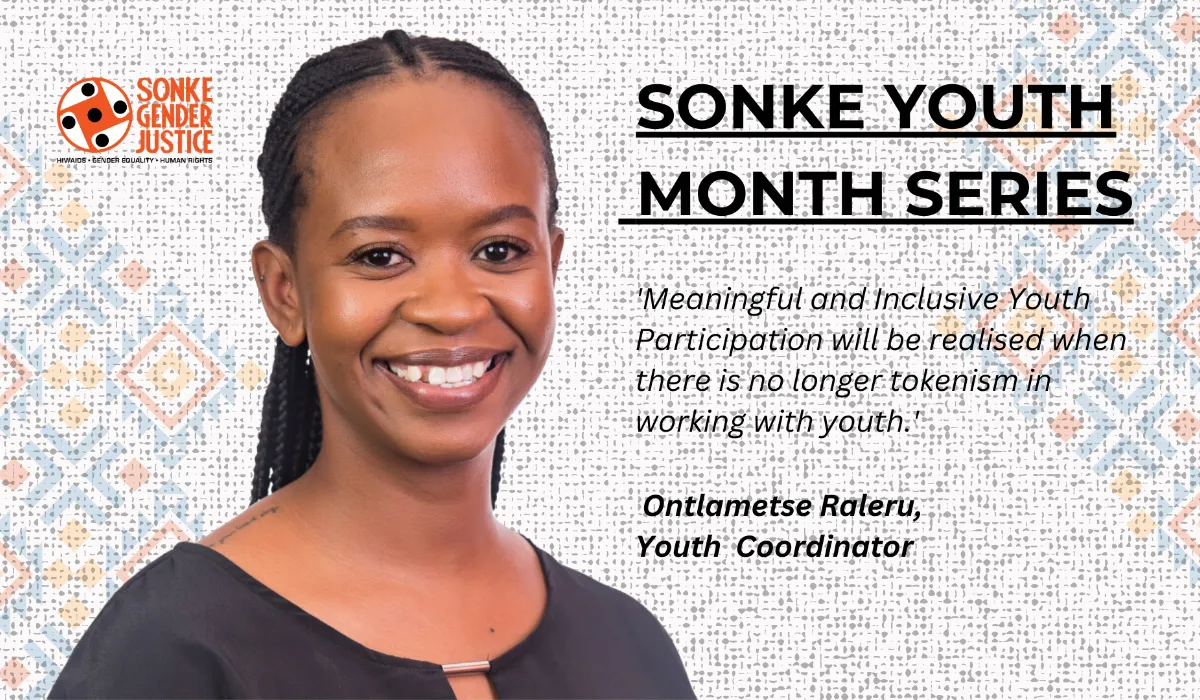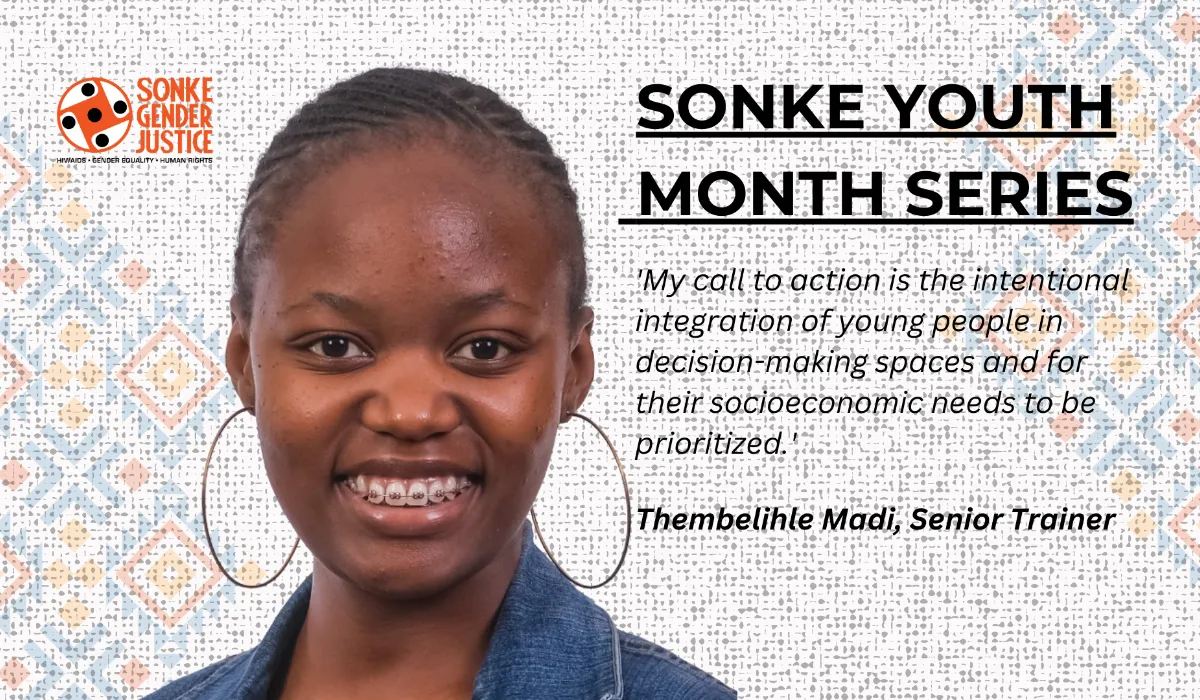Many studies show that men are under-represented in health services, including HIV services.
Men get tested less than women. For instance, results from South Africa’s recent national HIV testing campaign reveal that men made up only 30% of the nearly 13 million people who got tested. Men also access HIV treatment later than women and often show up for services with severely compromised immune systems. In South Africa, about 55% of those living with HIV are women but more than two-thirds of patients receiving public sector ART are female. Once on treatment men are more likely than women to interrupt treatment, to be lost to follow-up and to die while on treatment.
Men’s low utilization of health services is obviously bad for men. It is also very clearly bad for women who often have to care for very ill male partners and who watch their husbands, partners, friends, brothers, sons and male friends die unnecessarily. It is also bad for the public health system; it’s far more difficult and expensive to treat and restore health when men present with severely compromised immune systems.
A recent article entitled Men and antiretroviral therapy in Africa: our blind spot by Morna Cornell, James McIntyre and Landon Myers in the Journal of Tropical Medicine and International Health makes the case that South Africa has a national strategic plan on HIV but it does not “identify male access as a gap or include plans to address it.” An article in The Lancet titled Expanding HIV care in Africa: making men matter reaches a similar conclusion: “Efforts to understand men’s health-seeking behaviour are poorly understood in the AIDS epidemic, and encouraging men to get tested and into treatment is a major challenge, but one that is poorly recognised. Addressing these issues effectively means moving beyond laying blame, and starting to develop interventions to encourage uptake of prevention, testing, and treatment for men – for everyone’s sake.”
There are many psycho-social, economic and infrastructural reasons why men are under-represented in health and HIV services. Men’s attitudes are certainly one factor. Many men continue to hold the belief that using health services is a sign of weakness – or if they don’t believe that themselves they worry that other men believe it and will judge them accordingly. Some men report that they are put off by the fact that health services at clinics are offered mainly by female staff. For many men, the long waiting times and inconvenient consultation times are also a barrier – as they are for many women. The reality is, of course, that health services need to be improved for everyone – men and women alike – and few of us choose to use public health services if we can avoid it. However, the health service is particularly poorly structured to address men’s health needs. Whereas women access health services during their child-bearing years, many men interact very little with clinic or hospital services unless they have urgent health needs – and the health system isn’t currently doing much to reach men.
Focusing on men’s health and encouraging men to take responsibility for their health is just one strategy of a multi-faceted approach that Sonke takes towards achieving gender equality. Taking responsibility for one’s health is about positively changing one’s relationship with one’s own body, breaking free from the confines of rigid and violent gender constructions, which leave men vulnerable to illness and injury and developing a responsible and gender equitable society, which in turn can promote positive relationships and respect for other people.
Encouraging health-seeking behaviour
Following years of consultation and planning in order to increase the availability of male-friendly services, Sonke will, in the month of October, open a male health wellness centre in Gugulethu. The township’s name is a contraction of igugu lethu, which is Xhosa for ‘our pride,’ and was established to house the few black African families allowed to migrate to Cape Town under Apartheid – especially people who moved to Cape Town from the rural Transkei region of the Eastern Cape. The township is now a colourful combination of vibrant life and a local example of the problems associated with poverty.
Sonke staff are already working out of the centre and will formally launch the Sonke Wellness Centre in mid February 2012 together with the City of Cape Town and key local community partners, including schools and faith based organisations. The clinic will combine service provision with ongoing educational outreach in the waiting room and beyond that engages men (and women) to promote gender equality, prevent gender-based violence, and reduce the spread and impact of HIV and Aids. The clinic, among many other things, will serve as a safe and friendly space for men to be able to discuss issues that concern them, a judgement-free space to learn and take responsibility for their health and, importantly, engage with the Department of Health in improving service and infrastructure.
A male nurse funded by the City of Cape Town will be available two days a week, with the hope to increase to six days of the week, and a lay-counsellor supported by Sonke trainers will be on site five days a week.
Reaching Out
Sonke understands the importance of engaging other role players in the society: it is vital to get buy-in and support from churches, libraries, schools and any other institutions in the vicinity. “We have started engaging various role players in this community – engaging role players has always proved useful in the past and we’ll definitely be doing this again to reach more men,” explains Mzamo Sidelo, One Man Can Trainer.
“We are anticipating that not all men will be keen to make use of the clinics,” says Sikhangele Mabulu, One Man Can Coordinator. In an effort to broaden acceptance of the clinics, the programme will use local men in One Man Can Community Action Teams (CATs) to spread the word.
We hope that this clinic will be the quick, confidential and judgement-free space that Sonke is seeking to create for men and boys towards reducing new HIV infections, creating gender equitable societies and promoting human rights in local communities. Furthermore, we hope it will reach more men, and challenge and encourage them to get involved in advocating for healthy lifestyles, behaviours and attitudes, and to challenge the mindset of masculinity and the power struggles that are centred on male power and privilege that stop men from seeking medical attention.

